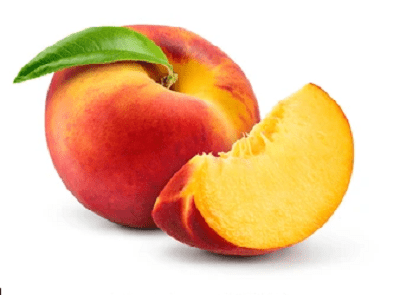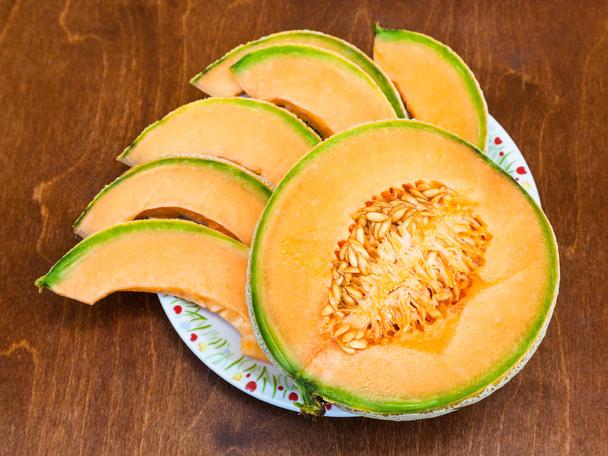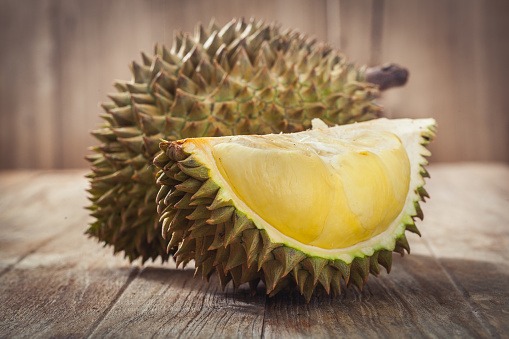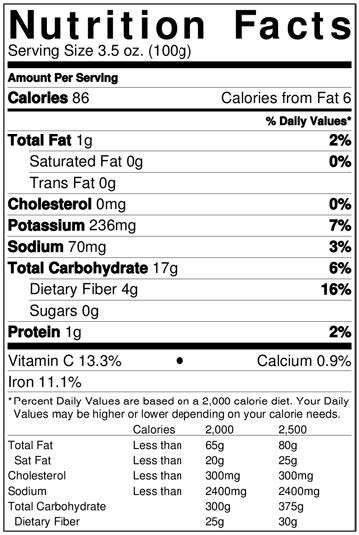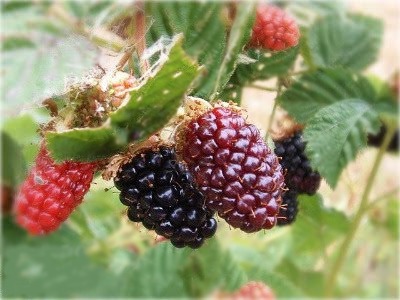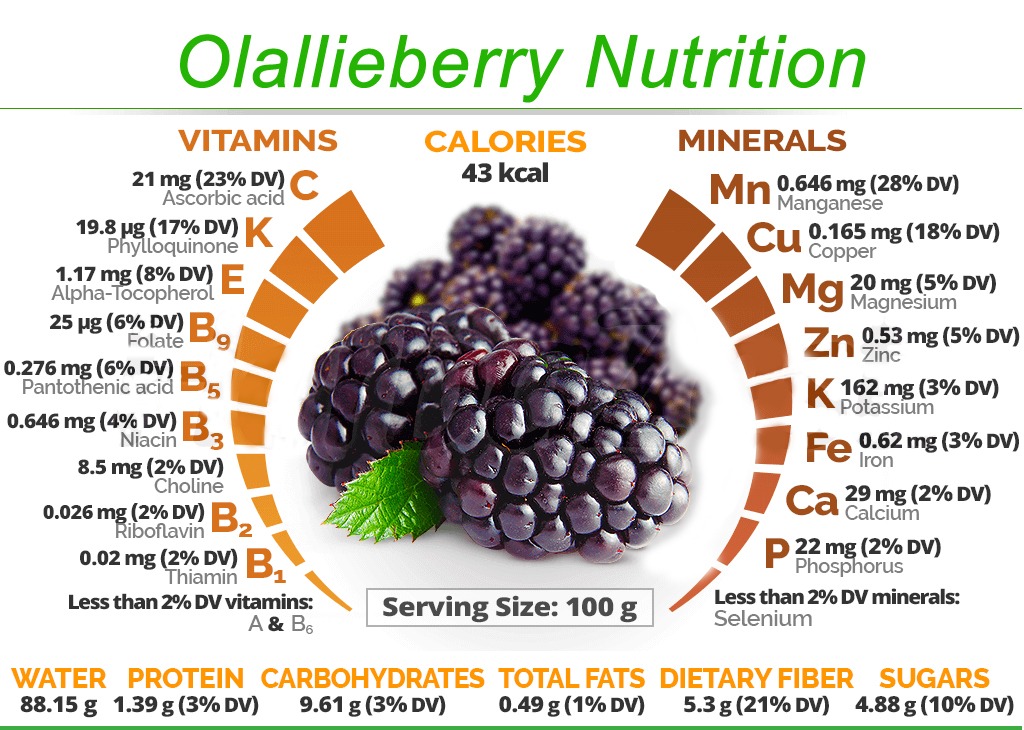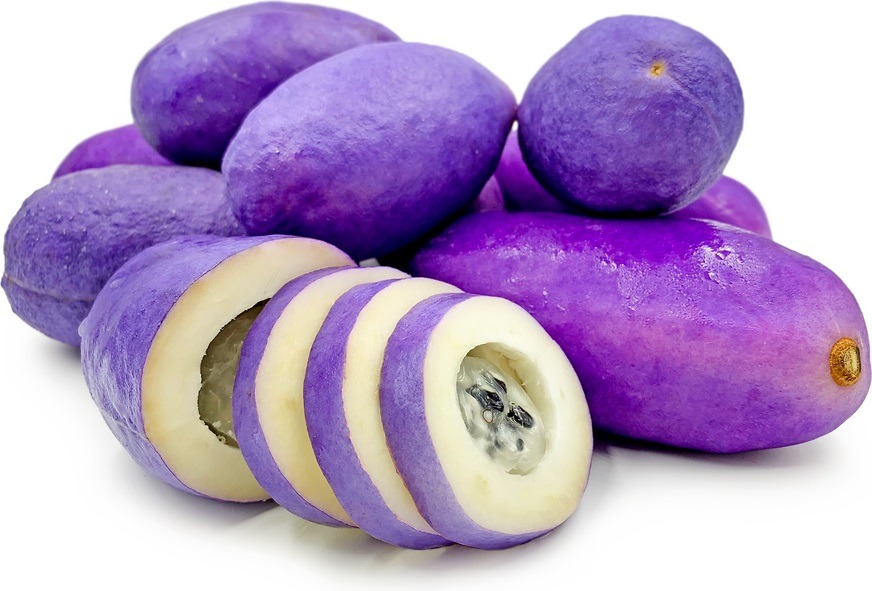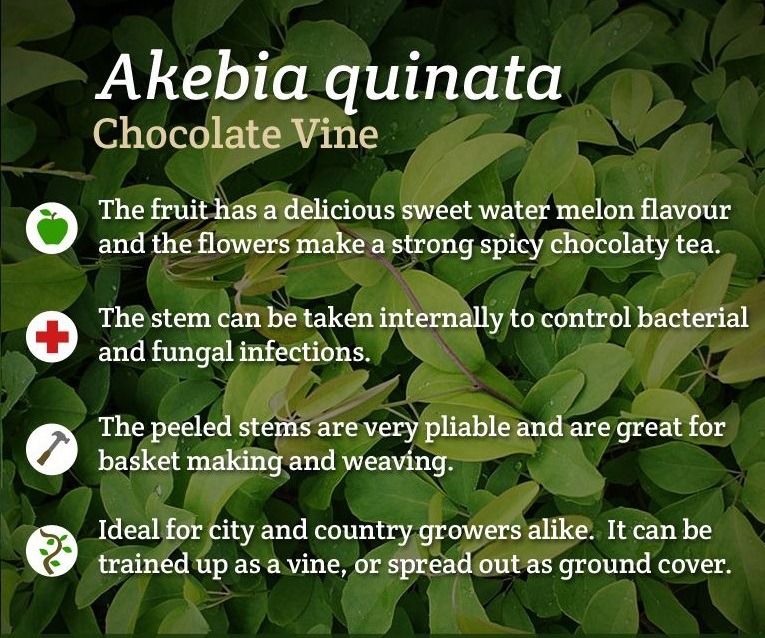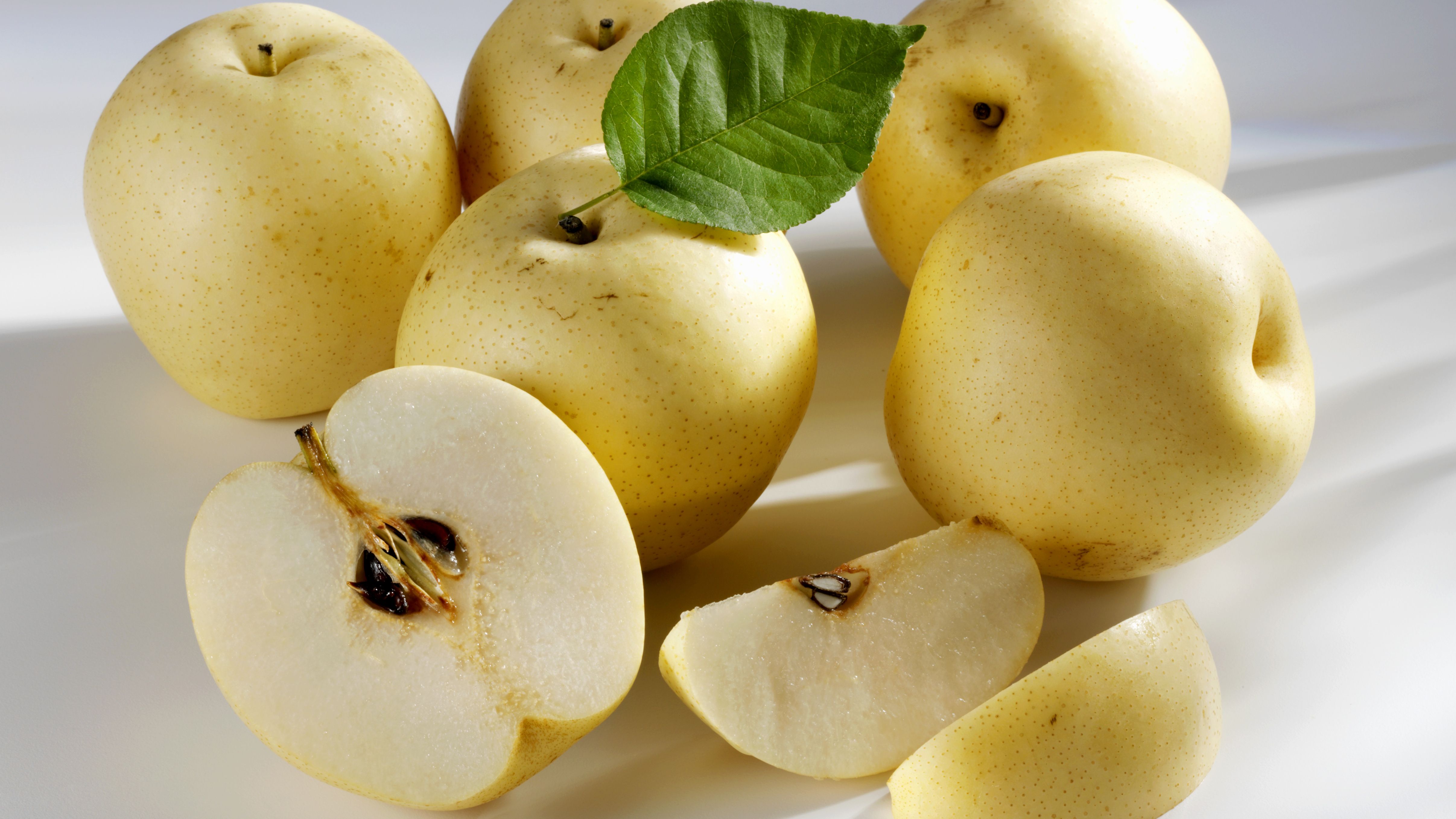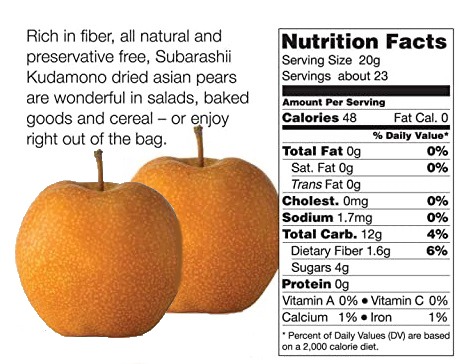Health Benefits
The pomegranate is a super fruit that has been used medicinally for centuries due to its many health benefits. This tart, juicy fruit is loaded with antioxidants, vitamins, minerals, and fiber, making it a nutritional powerhouse. Studies have linked it to a variety of health benefits, including improved heart health, better blood sugar control, and improved digestion. One of the main health benefits of pomegranate is its antioxidant content. Antioxidants are compounds found in many foods that can help protect your cells from damage. Pomegranate contains several powerful antioxidants, including ellagic acid, punicalagin, and anthocyanins. These compounds can help protect your cells from oxidative damage and may reduce your risk of chronic diseases, such as cancer and heart disease. Pomegranate may also help improve heart health. Studies have found that drinking pomegranate juice can help lower blood pressure and reduce levels of bad cholesterol. It may also help reduce inflammation, which is linked to an increased risk of heart disease.
Pomegranate can also help improve blood sugar control. Studies have found that pomegranate juice can help reduce blood sugar levels in people with diabetes. This may be due to its high fiber content, which can help slow the absorption of sugar into the bloodstream. Pomegranate may also help improve digestion. Studies have found that pomegranate juice can help reduce levels of stomach acid and protect the stomach lining from damage. This may help reduce symptoms of heartburn, indigestion, and other digestive issues.
Finally, pomegranate may help reduce inflammation. Inflammation is linked to a variety of chronic diseases, such as heart disease and arthritis. Studies have found that pomegranate juice can help reduce inflammation, which may help reduce your risk of developing these conditions. In conclusion, pomegranate is a super fruit that is loaded with antioxidants, vitamins, minerals, and fiber. It has been linked to a variety of health benefits, including improved heart health, better blood sugar control, and improved digestion. Furthermore, it may help reduce inflammation and protect the stomach lining from damage. Therefore, adding pomegranate to your diet may be beneficial for your overall health.

Nutrition Facts of Pombrenate
Pomegranates are a nutrient-rich fruit. A single pomegranate contains the following nutrients:
Calories: 234
Carbohydrates: 54.7 g
Protein: 4.2 g
Fiber: 15.2 g
Vitamin C: 30 mg
Vitamin K: 46.2 mcg
Folate: 48.3 mcg
Potassium: 661 mg
Magnesium: 44 mg
Calcium: 25 mg
Phosphorus: 80 mg
Iron: 0.8 mg
Sodium: 5.5 mg






